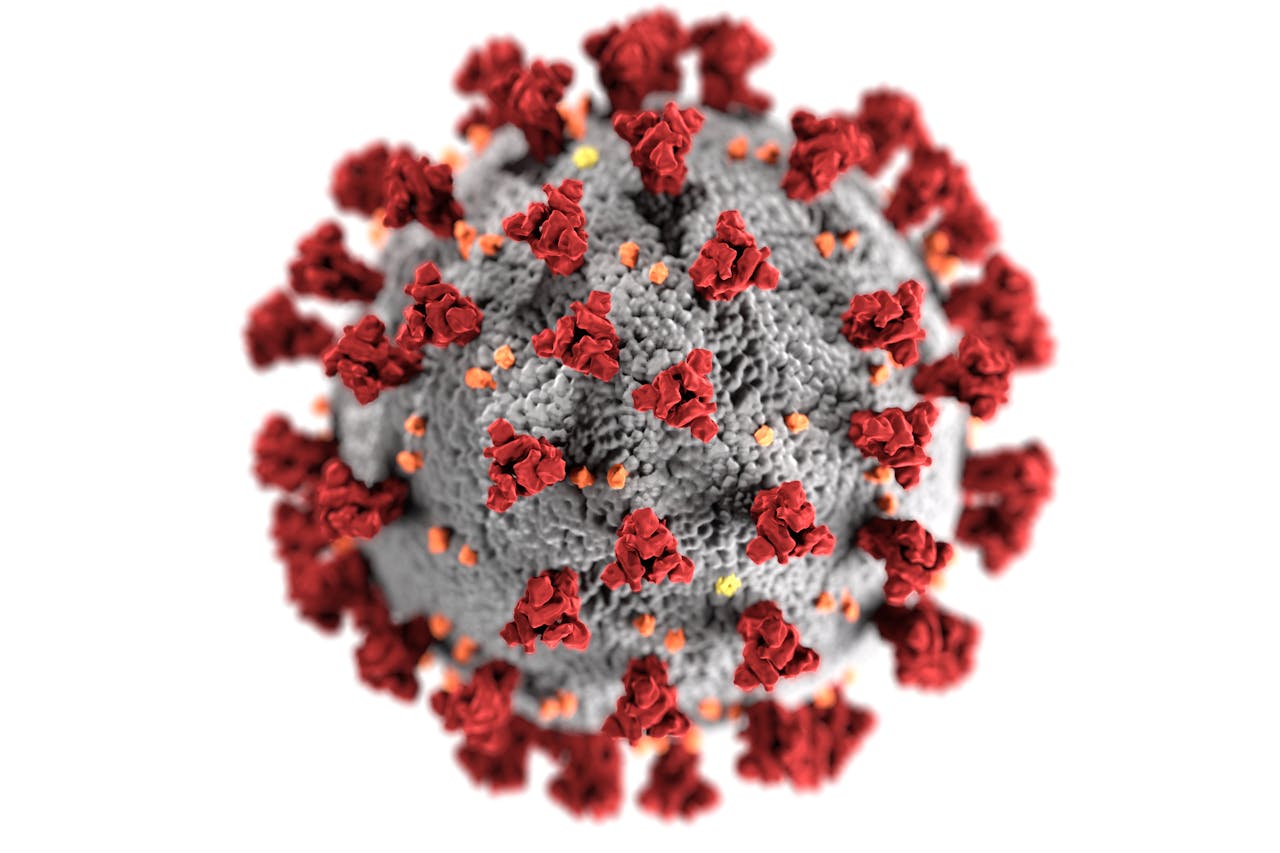Infectious diseases have shaped human civilization. From smallpox to COVID-19, these illnesses have claimed millions of lives but also driven medical innovation. They spread through viruses, bacteria, fungi, or parasites — often via contact, air, water, or food.
How Epidemics Begin
An epidemic can start from a single infected person or animal. Increased travel and global trade allow pathogens to cross borders in hours. Climate change, deforestation, and urban crowding create new breeding grounds for infections.
Prevention and Modern Medicine
Vaccination campaigns have saved billions of lives, eradicating deadly diseases like polio and reducing others like measles. However, antimicrobial resistance (AMR) has become a new global threat — caused by the overuse of antibiotics. If unchecked, AMR could make simple infections deadly again.
Lessons from COVID-19
The pandemic taught the world the importance of preparedness. Countries with strong healthcare systems and early preventive measures controlled spread faster. Investments in laboratories, vaccine development, and health education must remain top priorities.
A Global Effort
Every outbreak reminds us that public health is a shared responsibility. From washing hands to sharing accurate information, small actions can save countless lives.






